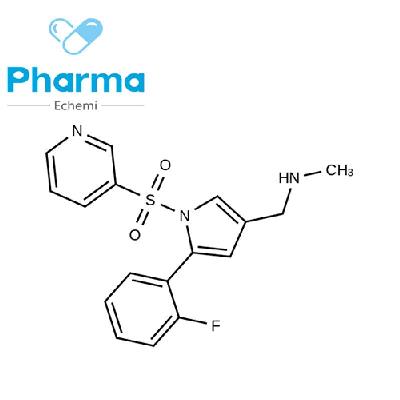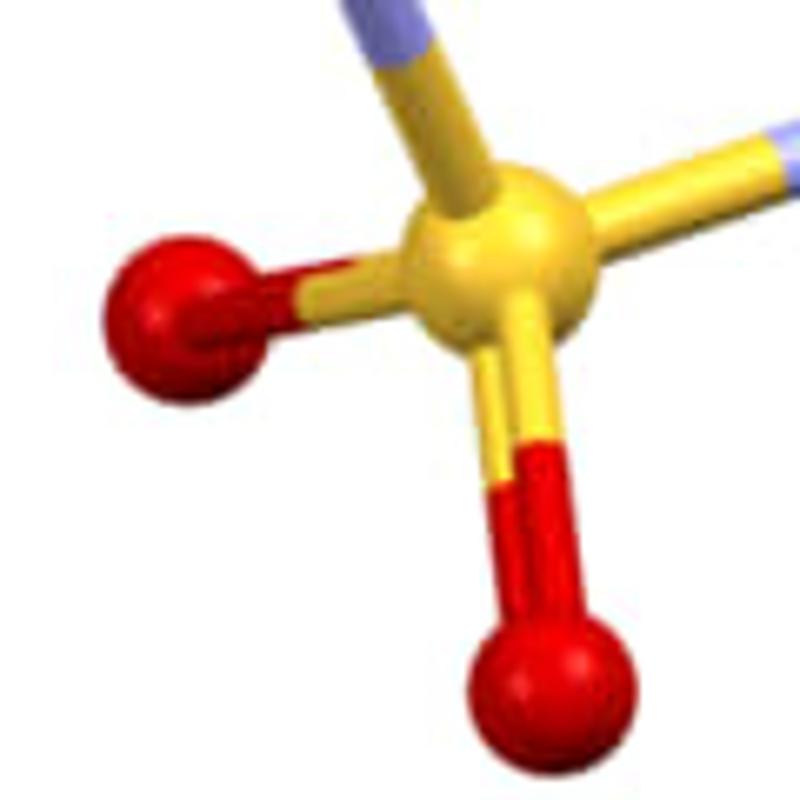-
Categories
-
Pharmaceutical Intermediates
-
Active Pharmaceutical Ingredients
-
Food Additives
- Industrial Coatings
- Agrochemicals
- Dyes and Pigments
- Surfactant
- Flavors and Fragrances
- Chemical Reagents
- Catalyst and Auxiliary
- Natural Products
- Inorganic Chemistry
-
Organic Chemistry
-
Biochemical Engineering
- Analytical Chemistry
-
Cosmetic Ingredient
- Water Treatment Chemical
-
Pharmaceutical Intermediates
Promotion
ECHEMI Mall
Wholesale
Weekly Price
Exhibition
News
-
Trade Service
*For medical professionals
only
Early detection and early prevention
Executive Summary
On December 8, 2022, a Chinese study published in Cancer Medicine showed a causal relationship
between gastroesophageal reflux disease (GERD) and lung cancer risk.
Study screenshots
status quo
In 2020, lung cancer accounted for 11.
4% of all newly diagnosed cancer cases globally and 18.
0% of all cancer-related deaths, remaining the deadliest cancer and the second most commonly diagnosed malignancy
.
Therefore, vigorous prevention, early diagnosis and early treatment of lung cancer are crucial
.
Identifying potential risk variables is also important because it may help doctors detect early-stage lung cancer
.
While it is widely believed that smoking may cause lung cancer, there is currently insufficient evidence to identify other possible causes
of lung cancer.
Gastroesophageal reflux disease (GERD) is a persistent condition in which stomach contents reflux into the esophagus or trachea is associated with many diseases, including chronic obstructive pulmonary disease (COPD), asthma, idiopathic pulmonary fibrosis, and more
.
Diagnostic testing in patients with gastroesophageal reflux disease usually includes upper endoscopy and esophageal impedance pH
.
A growing body of research suggests that gastroesophageal reflux disease may contribute to the development, invasion, and metastasis
of lung cancer.
In addition, several observational studies have added to the evidence that GERD may increase the
risk of lung cancer.
However, given the lack of clear evidence from randomised controlled trials (RCTs) between GERD and lung cancer, there is no clear evidence of a causal relationship
between GERD and lung cancer.
Lin Li and colleagues from the Second Affiliated Hospital of Zunyi Medical University in China used a two-sample Mendelian randomization (MR) method to examine the causal relationship
between GERD and lung cancer.
conclusion
Independent single nucleotide polymorphisms
highly correlated with GERD were identified in samples from 129,080 GERD patients.
Data from genome-wide association studies were used to assess lung cancer outcomes, including squamous cell lung cancer (LUSC) and lung adenocarcinoma (LUAD)
in 11,348 patients.
To examine the potential causal relationship between GERD and lung cancer risk, three MR statistical techniques
were used.
- The main IVW methods showed that GERD significantly increased the risk of lung cancer [odds ratio (OR) = 1.
37; 95% CI 1.
16–1.
63, p = 0.
0003], which was also supported by weighted median and MR-Egger analysis; - Similar causal relationships were observed between GERD and LUSC using IVW estimates (OR = 1.
56; 95% CI 1.
26–1.
93, p = 5.
35 × 10−5) and LUAD (OR = 1.
45; 95% CI 1.
09–1.
93, p = 0.
01); - Although potential heterogeneity was observed in some studies, random-effects IVW was not violated by heterogeneity, suggesting that causal effects are robust
.
That is, GERD is positively associated
with the risk of lung cancer in LUSC and LUAD.
prospect
According to the authors:
- This study supports the rationale for the genetic link between GERD susceptibility and lung cancer;
- Given the high mortality and morbidity associated with lung cancer patients, it is important
to identify and control GERD risk factors for lung cancer to reduce its prevalence.
Click "Read Original" to get more clinical dry goods







